Living with PCOS (Polycystic Ovary Syndrome) can feel like an uphill battle. I know this because, like many women out there, I’ve had my share of struggles with hormonal imbalances. While acne scars were my personal battle, I’ve seen my best friend wrestle with the challenges of PCOS. One thing that consistently made a difference for her? Food choices. In this blog, I’ll share the best PCOS foods to eat, based on personal experiences, research, and conversations with experts.
Before we dive in, let me clarify: I’m not a dermatologist or a nutritionist. I’m just someone who’s witnessed the ups and downs of PCOS through my best friend’s journey. My goal here is to help women like her – and maybe like you – make informed food choices that support hormonal balance.
PCOS affects one in ten women of reproductive age, causing symptoms like irregular periods, acne, weight gain, and insulin resistance. But here’s the good news: the right diet can help. Let’s dive into the top foods, meal plans, and simple lifestyle changes that can support hormonal balance and improve your quality of life.
Why Does Food Matter for PCOS?
When dealing with PCOS, hormonal imbalances, particularly insulin resistance, play a significant role. Insulin resistance can cause weight gain, irregular periods, and increased testosterone production, making symptoms worse.
The best diet for PCOS focuses on balancing blood sugar levels, reducing inflammation, and supporting hormonal health. Think of food as medicine: it has the power to either trigger or soothe PCOS symptoms.
Key Dietary Principles for PCOS
- Focus on low glycemic index foods to manage insulin resistance.
- Opt for anti-inflammatory foods for PCOS to reduce chronic inflammation.
- Prioritize nutrient-dense foods for PCOS to support overall well-being.
- Choose PCOS-friendly foods that help with hormonal balance.
- Incorporate fiber-rich foods to support digestion and insulin sensitivity.
8 Essential Foods for PCOS
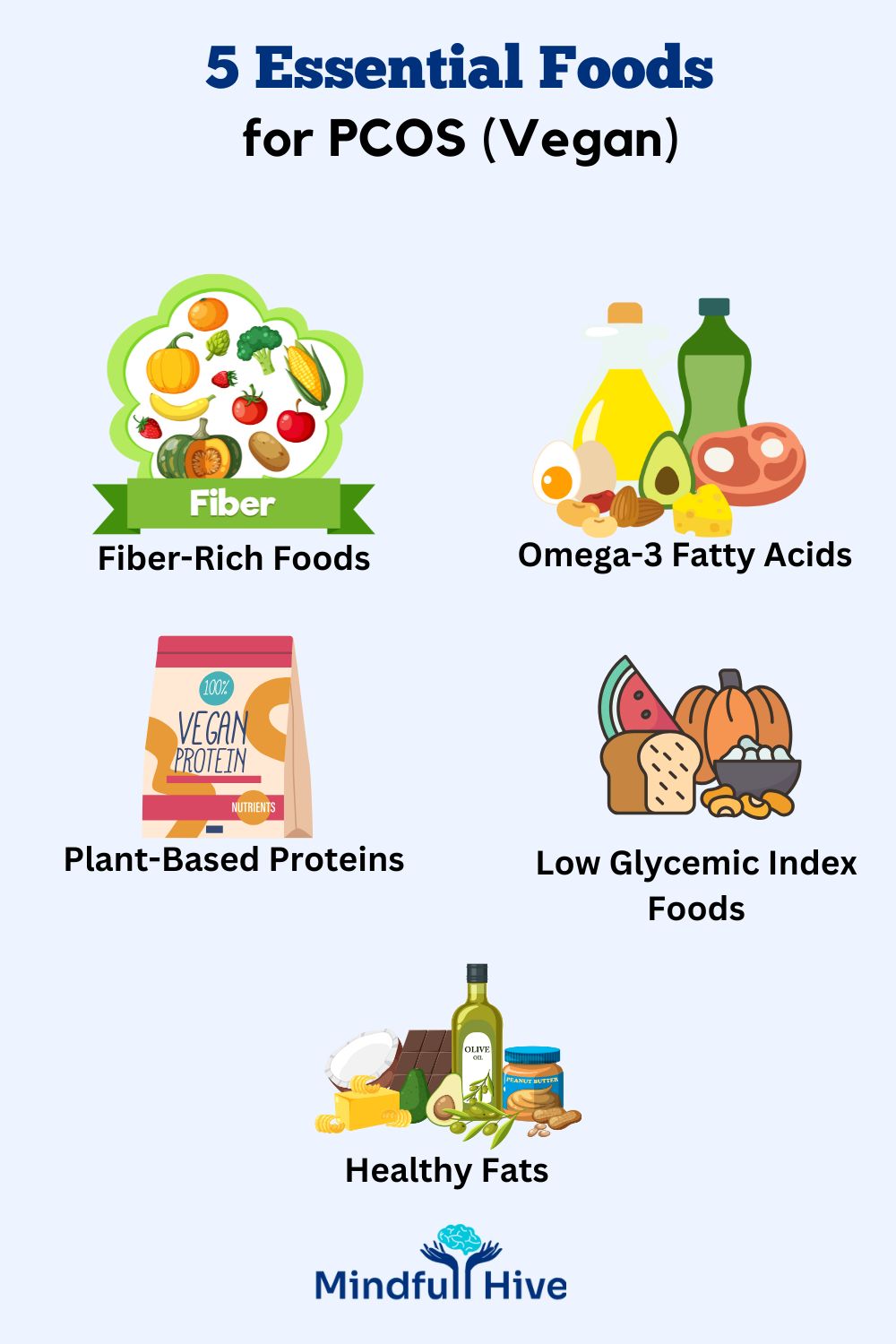
1. Fiber-Rich Foods
Fiber helps slow down digestion, reduce insulin spikes, and promote a healthy gut.
- Oats
- Lentils
- Avocados
- Chia seeds
- Flaxseeds
- Apples (with skin)
Personal Experience: My friend Sara, who struggled with PCOS-induced bloating, swore by adding chia seeds to her morning yogurt. Within weeks, she noticed better digestion and more stable energy levels. She also found that including fiber-rich oats in her breakfast helped her avoid the mid-morning energy crashes.
Why Fiber Matters:
Fiber improves insulin sensitivity, which is essential for women with PCOS. It also promotes a feeling of fullness, which can aid in weight management – a common challenge with this condition.
2. Omega-3 Fatty Acids
Omega-3s are essential for reducing inflammation and supporting hormonal balance.
- Walnuts
- Flaxseeds
- Chia seeds
- Algal oil (plant-based omega-3)
Studies suggest omega-3 supplements can improve testosterone levels in women with PCOS.
Quick Tip: Add a tablespoon of ground flaxseeds to your smoothies for an easy omega-3 boost.
Personal Insight: My best friend included walnuts in her diet when she read about their anti-inflammatory properties. She noticed fewer mood swings and more stable energy levels within a month.
3. Plant-Based Proteins
Protein keeps you full, supports muscle growth, and balances blood sugar.
- Tofu
- Tempeh
- Lentils
- Chickpeas
- Seitan
PCOS Meal Plan Idea: Swap carb-heavy breakfasts for a tofu scramble with avocado to avoid insulin spikes.
Personal Insight: I’ve seen how switching from sugary breakfasts to a protein-rich tofu scramble helped my best friend manage her sugar cravings throughout the day.
4. Low Glycemic Index Foods
Low GI foods help regulate blood sugar and insulin levels.
- Quinoa
- Sweet potatoes
- Legumes
- Whole grains like barley and farro
Personal Experience: My cousin, who also has PCOS, replaced white rice with quinoa and noticed more stable energy levels and fewer cravings.
Why It Works:
Low GI foods digest slowly, preventing insulin spikes and keeping blood sugar levels stable – a cornerstone of healthy eating for PCOS.
5. Healthy Fats
Healthy fats support hormone production and reduce inflammation.
- Avocados
- Olive oil
- Nuts
- Seeds (especially pumpkin and sunflower seeds)
Quick Tip: Drizzle olive oil over salads instead of using processed dressings.
Real-Life Insight: My best friend noticed her period became more regular after consistently including avocados and olive oil in her meals.
6. Antioxidant-Rich Foods
Antioxidants fight inflammation and protect cells from damage.
- Berries (blueberries, raspberries, strawberries)
- Spinach
- Broccoli
- Dark chocolate (in moderation!)
- Kale
Did You Know? Chronic inflammation is linked to insulin resistance and PCOS symptoms. Antioxidants can help break this cycle by reducing oxidative stress.
Personal Experience: We started adding berries to smoothies together, and I could see how energized she felt afterward.
7. Fermented Foods
Gut health plays a crucial role in hormone regulation.
- Coconut yogurt (unsweetened)
- Kimchi
- Sauerkraut
- Kombucha
Probiotic Boost: Probiotics can reduce inflammation and improve insulin sensitivity.
Insight: We experimented with homemade coconut yogurt, and she noticed improved digestion within weeks.
8. Dairy Alternatives
Some women with PCOS find dairy worsens their symptoms due to insulin-like growth factor (IGF-1).
- Almond milk
- Coconut yogurt
- Cashew cheese
- Oat milk
Personal Tip: My friend experienced fewer acne breakouts after switching to almond milk.
Why It Matters: Dairy can trigger hormonal fluctuations in some women due to its potential to increase androgen levels.
Foods to Avoid with PCOS
While adding the right foods is crucial, avoiding certain foods can make a significant difference.
Top Foods to Limit
- Processed Foods: High in trans fats and sugar, triggering inflammation.
- Sugary Snacks: Candy, pastries, and sodas cause insulin spikes.
- Refined Carbs: White bread, pasta, and pastries worsen insulin resistance.
- Excessive Dairy: May disrupt hormonal balance for some women.
Real Talk: My best friend struggled with daily acne flare-ups until she reduced processed snacks and added more whole foods to her diet.
Sample Vegan PCOS Meal Plan
Breakfast
- Tofu scramble with spinach, tomatoes, and avocado
- Chia pudding with berries and almond milk
Mid-Morning Snack
- Handful of mixed nuts and seeds
- Smoothie with spinach, chia seeds, berries, and pea protein
Lunch
- Lentil salad with olive oil dressing, avocado, and quinoa
- Chickpea and spinach curry with brown rice
Afternoon Snack
- Coconut yogurt with flaxseeds and blueberries
- Hummus with carrot and cucumber sticks
Dinner
- Stir-fried tofu with broccoli, bell peppers, and sesame oil
- Quinoa-stuffed bell peppers with avocado dressing
Tip: Plan meals in advance to avoid last-minute unhealthy choices.
Personal Story: Watching my best friend stick to this vegan meal plan and seeing her reduced symptoms – less bloating, fewer mood swings, and more regular periods – inspired me to share it with you.
Lifestyle Tips for Better PCOS Management
1. Stay Active
Exercise improves insulin sensitivity and supports hormonal balance. Even a daily 30-minute walk can help.
Personal Insight: My best friend found that yoga not only helped her manage stress but also improved her menstrual regularity.
2. Manage Stress
Stress triggers cortisol, which can worsen PCOS symptoms. Practice deep breathing, yoga, or meditation.
Real Talk: A simple evening walk helps both of us manage stress after a long day.
FAQs About PCOS Foods to Eat
1. What is the best diet for PCOS?
A balanced diet rich in fiber, healthy fats, lean proteins, and low GI foods helps regulate insulin and hormones.
2. Can dairy worsen PCOS symptoms?
For some women, dairy can trigger acne and hormonal imbalances. Opt for dairy alternatives like almond or oat milk.
3. Are carbs bad for PCOS?
Not all carbs are bad. Choose complex carbs like quinoa, oats, and sweet potatoes to avoid insulin spikes.
4. How does insulin resistance affect PCOS?
Insulin resistance can lead to higher testosterone levels, causing irregular periods, acne, and weight gain.
5. What are the best anti-inflammatory foods for PCOS?
Foods like walnuts, flaxseeds, berries, leafy greens, and nuts help reduce inflammation and support hormone health.
Final Thoughts
Managing PCOS doesn’t have to be overwhelming. With the right foods and a few lifestyle changes, you can take charge of your symptoms and feel more energized every day. Remember, small, consistent changes lead to lasting results. If you've tried any of these tips or have your own go-to PCOS foods, I'd love to hear your story in the comments below!


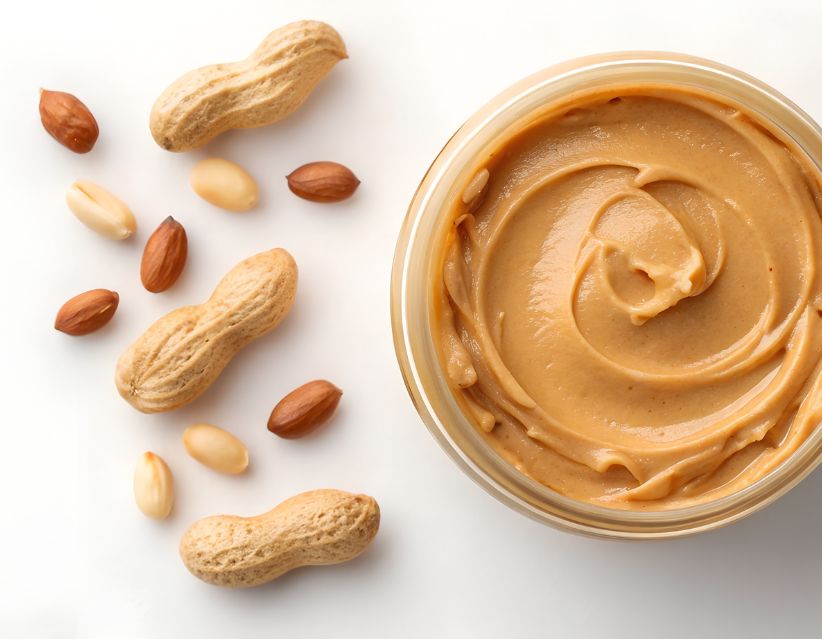



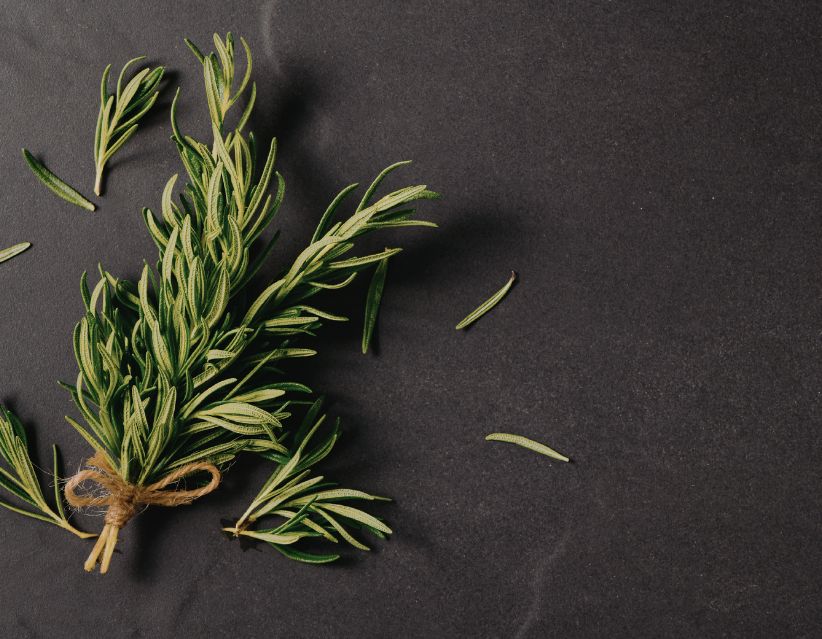
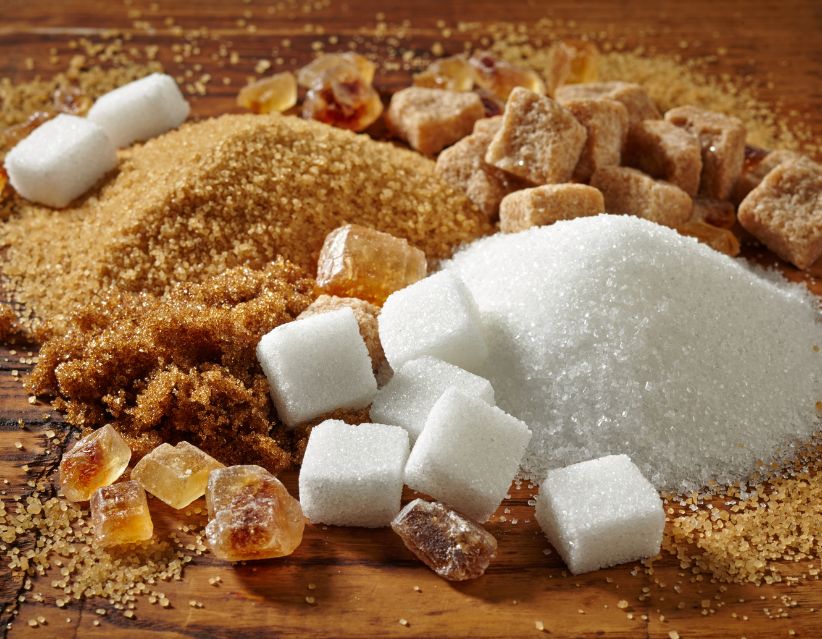

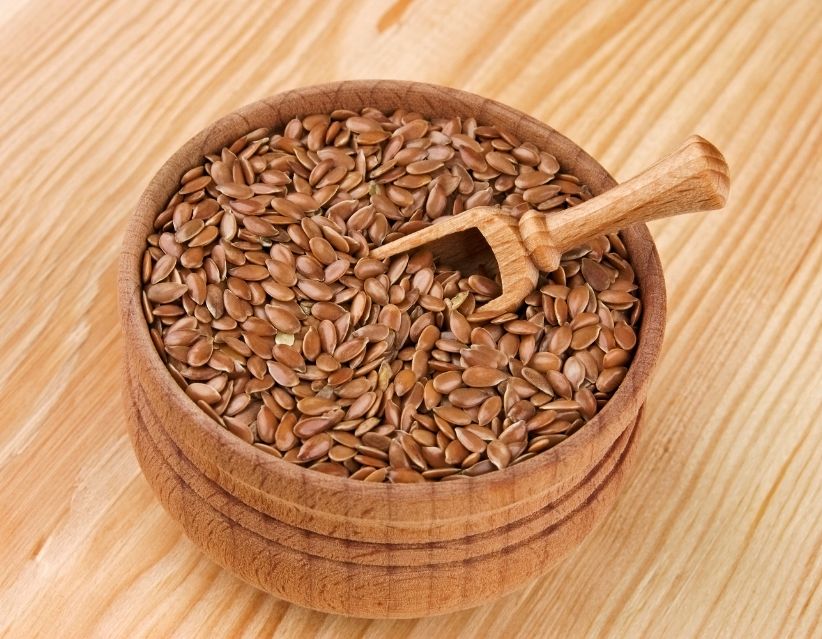

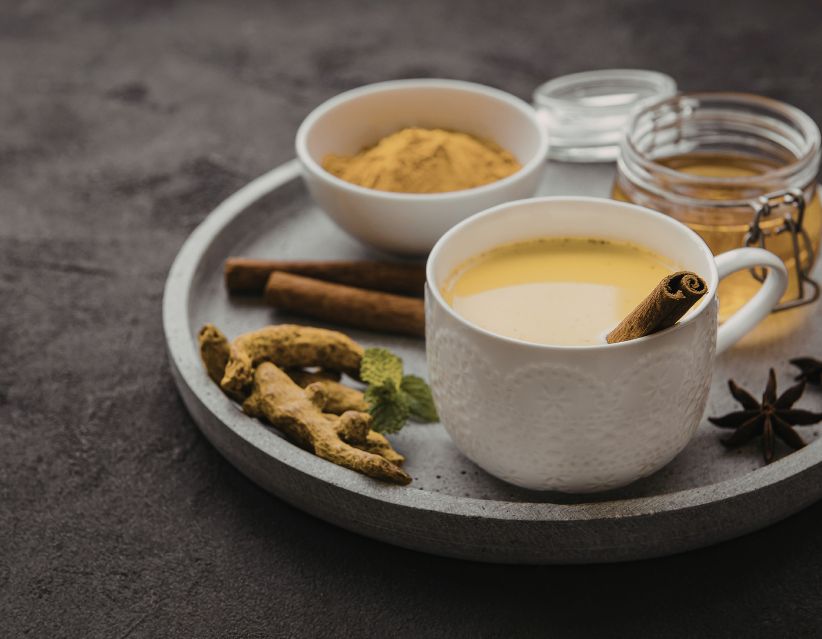
[…] "I eat what nature gives me, and I keep moving!" That simple wisdom has stuck with me, and now I prioritize my health the same […]